Yes, you can feast and socialize through the holidays without wrecking your sleep — here’s what experts recommend
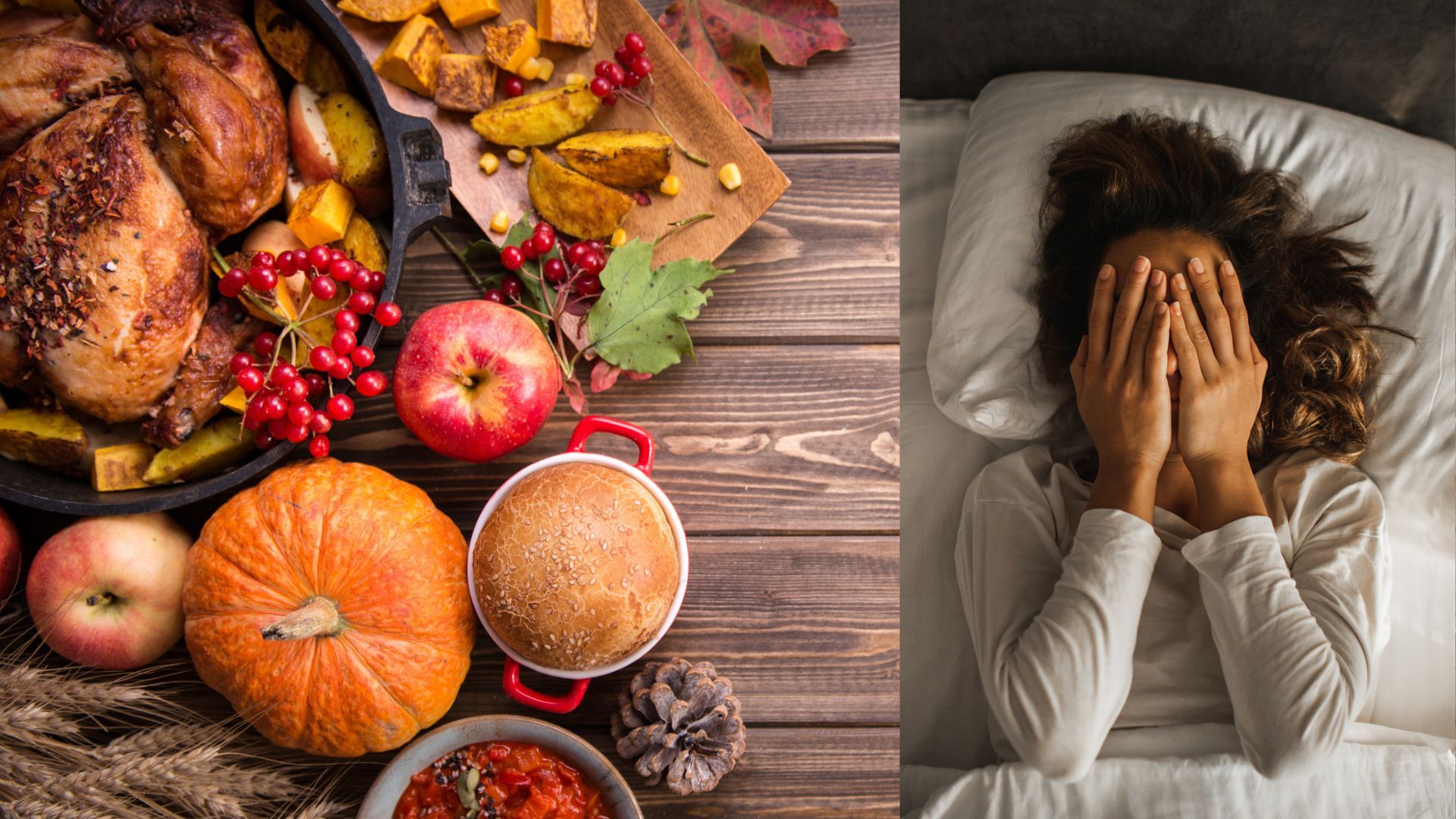
The end-of-year holidays are chock-full of festivities — and often stress. Weeks of rich meals, late nights, and back-to-back gatherings can leave you feeling wiped out by the time January rolls around, and not even the best mattress can do much for your sleep if you’re absolutely depleted.
Fortunately, you can enjoy yourself this winter without wrecking your sleep.
4 ways the holidays can disrupt your sleep
1. Heavy meals (especially late at night)
A huge holiday meal isn’t going to throw off your circadian rhythm as long as you time it properly. To prevent that from happening, Dr. Wu suggests timing your meal with the darkness.
Try to finish your last meal several hours before bedtime
“Try to finish your last meal several hours before bedtime, ideally in the evening, when it’s dark,” she says.
“If you can get your family on board to start eating earlier, you’ll have plenty of time to buffer down physiologically, metabolism-wise, emotionally, and psychologically.”
If you can’t avoid a rich, late-night holiday meal (say, at a company party), you can still set yourself up for better sleep. For a quick reset, Dr. Wu recommends avoiding bright screens and overhead lights to promote sleep onset, and notes that “light exposure suppresses melatonin regardless of what you ate.”
2. Alcohol consumption
That glass of wine may help you feel drowsy, but is alcohol good for sleep? “Alcohol does not give you good sleep,” says Dr. Wu. “It keeps your body temperature higher and makes your body work harder to clear that toxin.”
Even if you “pass out” after a night of drinking, the sleep expert says you’ll remain in the lighter stages of sleep, and you’ll wake up more frequently.
Plus, alcohol disrupts and reduces REM sleep, and along with those nighttime awakenings can lead to you feeling tired even if you clocked up the recommended 7-9 hours in bed.
Once again, timing matters. If you want to enjoy a glass or two of your favorite alcoholic beverage, aim to do so well before bedtime.
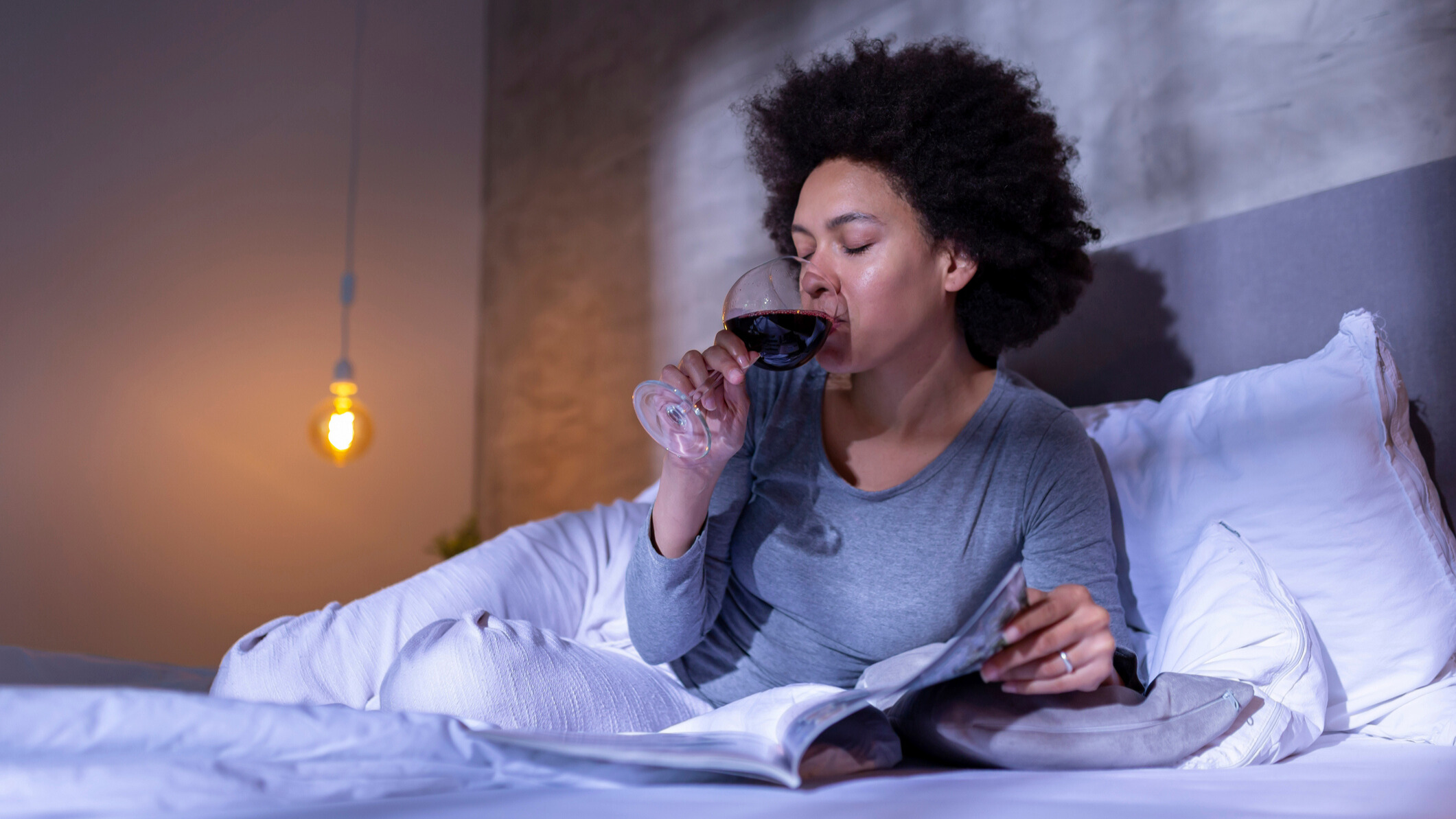
3. Limited natural light exposure
It’s difficult to resist the temptation to hibernate during the winter months, but being cooped up at home can confuse our body clock since there’s no real contrast between the amount of light we receive from day to night.
“We really need that contrast,” Dr. Wu says. “[Without it], your brain gets confused about what time it is. That makes your sleep quality worse, and it makes it harder to fall asleep.”
To keep your circadian rhythm in sync during the holidays, Dr. Wu advises getting outside and basking in that natural light. The earlier, the better, but even 30 minutes outside in the late morning to early afternoon can make a difference.
And, you may want to consider a sunrise alarm clock to help start your day right.
Simulating a sunrise by gradually getting brighter in the morning, they can help you wake naturally. The light suppresses melatonin production and helps trigger cortisol, so you’ll avoid that groggy feeling when your alarm blares in the early morning darkness.
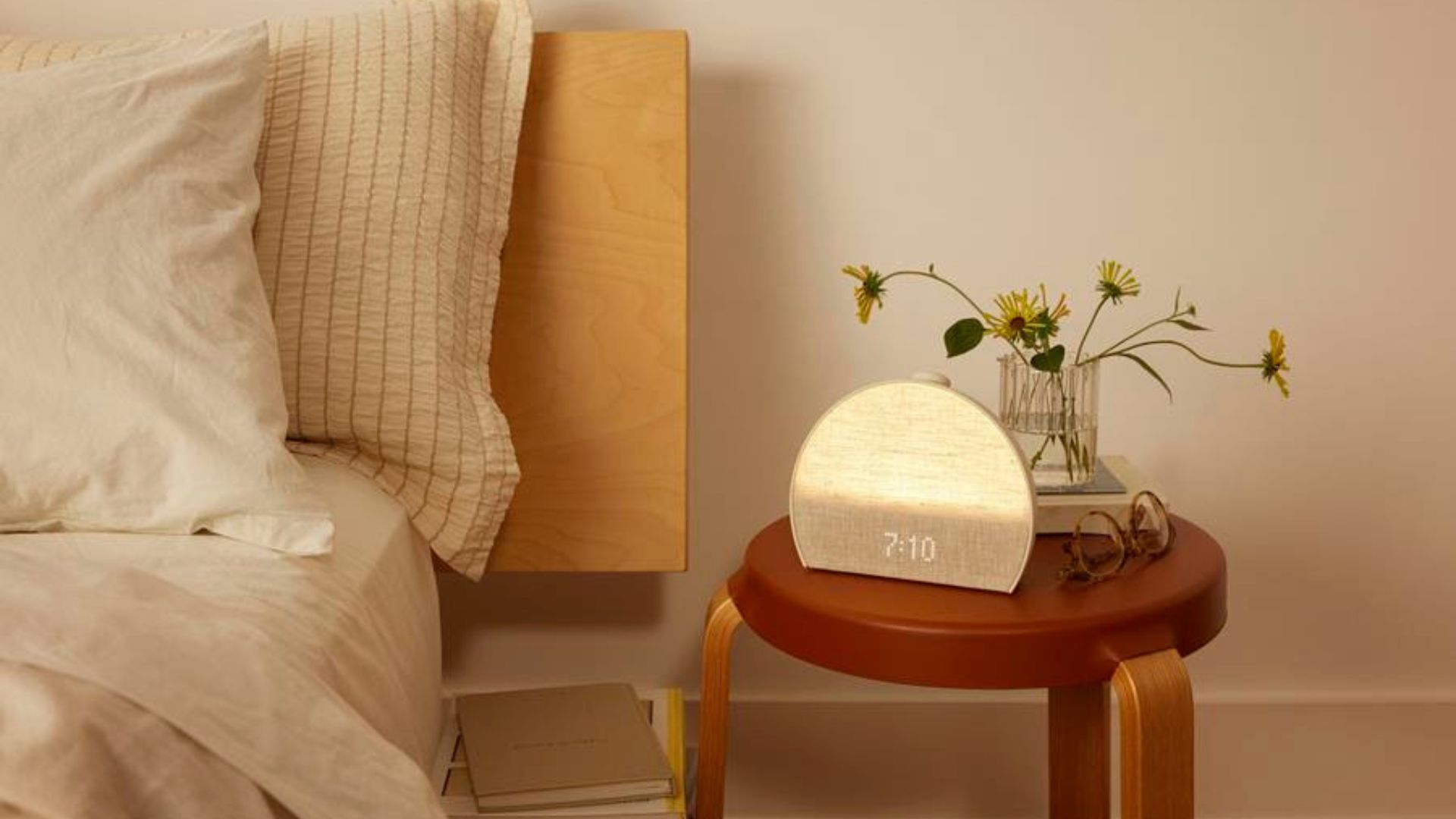
4. Stress
The holidays are the most festive time of the year — but they can also be the most stressful. You may be dealing with travel disruptions, unpleasant in-laws, or other changes to your daily routine.
To cope, you might be inclined to indulge in rich foods or alcohol, while sleep takes a backseat to socializing, holiday preparations, and maybe even negative emotions.
Remembering to carve out time for yourself can help reduce your stress before bedtime. You can do this as part of a nighttime routine, which involves calming activities you do each night before bed to help prepare yourself for sleep. Reading, stretching, listening to music or taking a warm bath can all relax you, and over time, they can become cues for your brain and body that it’s time to sleep.
If you’re on an alternative schedule over the holidays, getting as close to a bedtime routine as you can is still likely to be helpful.
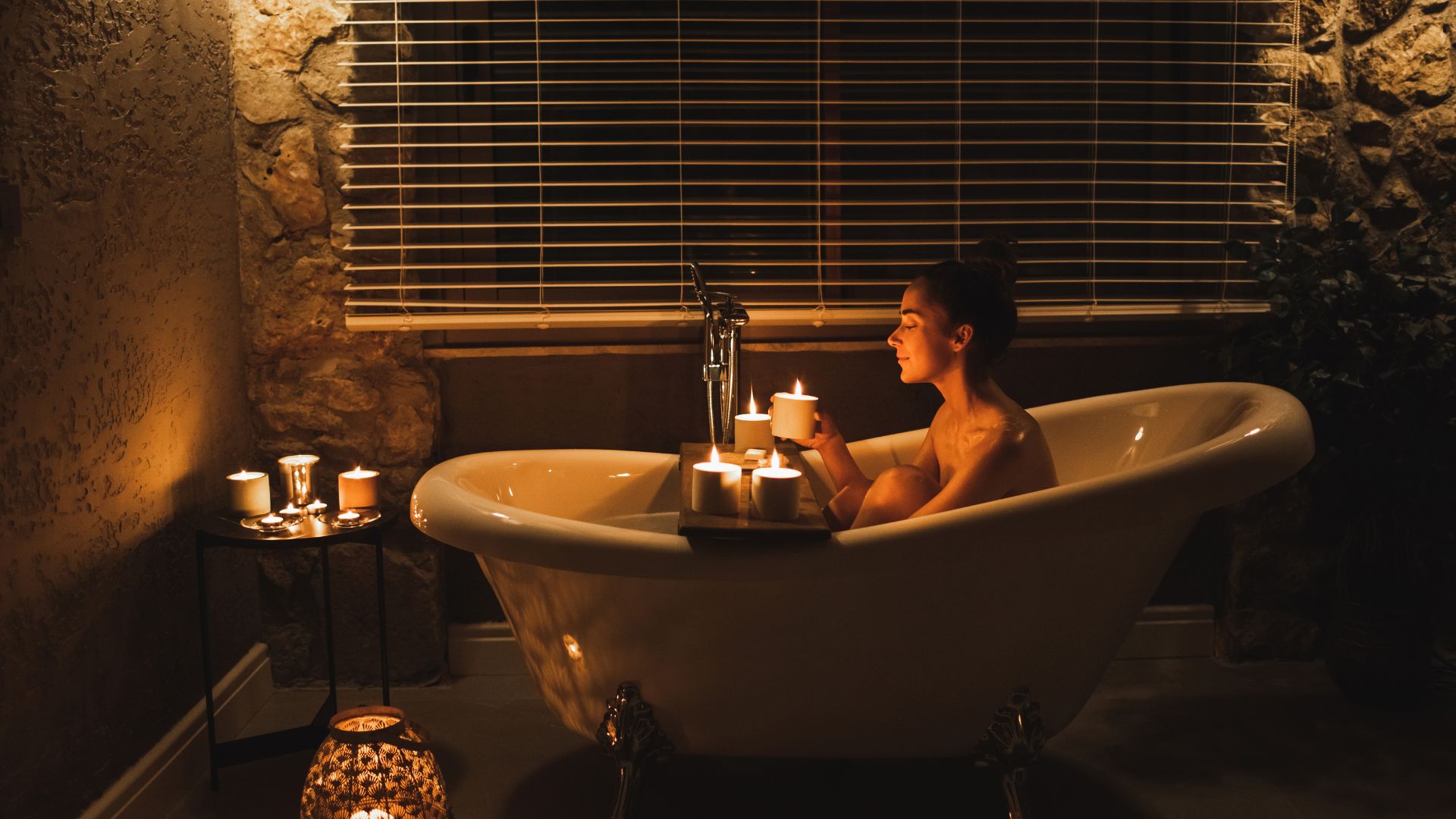
Nutrients in holiday foods that support good sleep
How you fuel your body influences how well you sleep, no matter the time of year. To make it through the winter holidays feeling festive and refreshed, consider adding foods rich in these sleep-supporting nutrients to your menu.
1. Magnesium
Examples of magnesium-rich foods: dark chocolate, lentils, nuts, spinach
2. Tryptophan
Tryptophan is an amino acid the body uses to produce serotonin and melatonin (the hormones that regulate mood and sleep, respectively).
Foods rich in tryptophan have a reputation for heling you fall asleep after eating, but as you’ll find out below, it can’t quite do it on its own.
Examples of tryptophan-rich foods: turkey, chicken, eggs, dairy, tofu
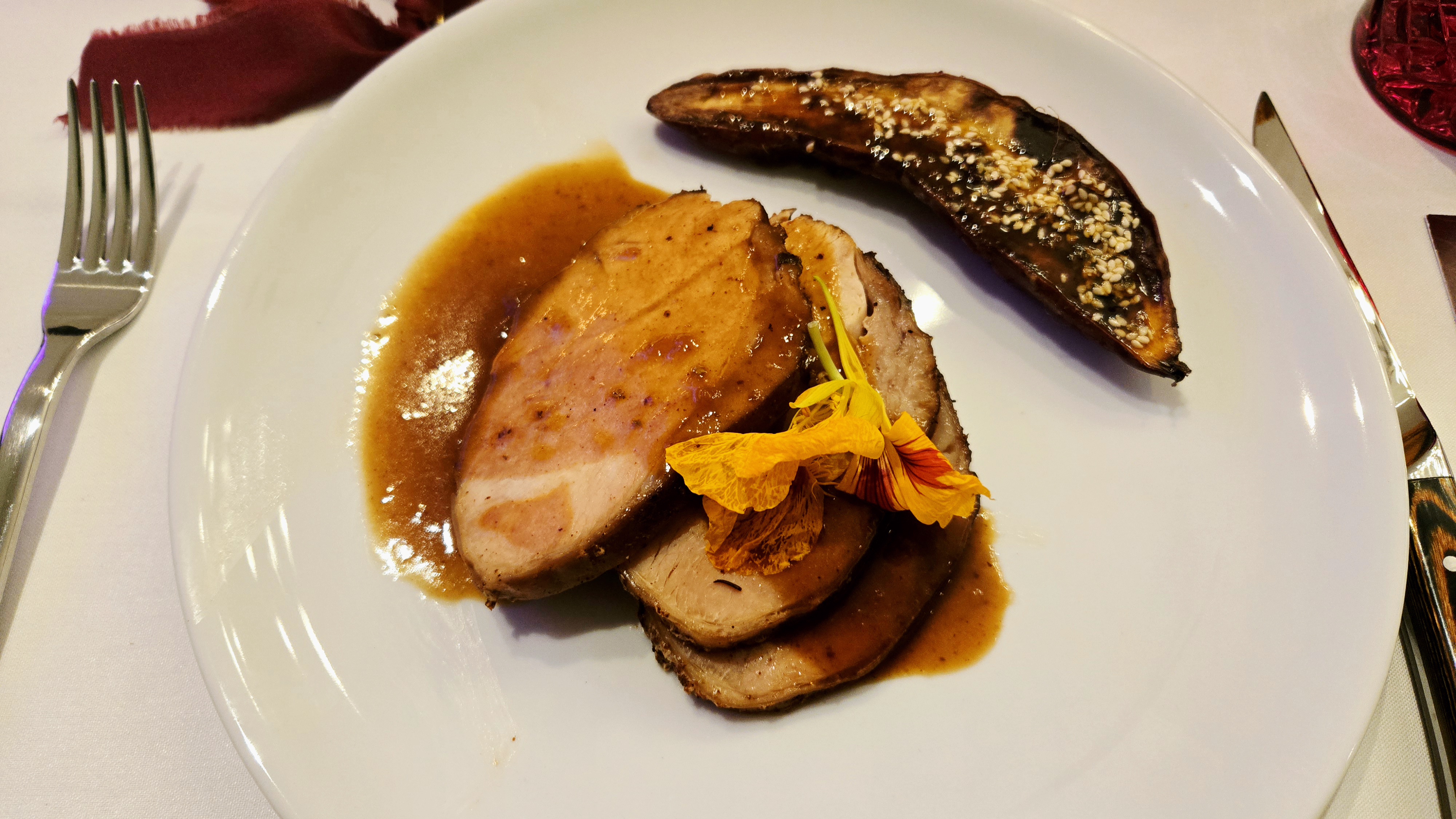
3. Complex carbohydrates
Carbohydrates are macronutrients that supply your body with its primary source of energy. While simple carbs aren’t necessarily bad, complex carbs take more time for your body to digest and absorb, keeping you fuller for longer. (They’ve been linked to better sleep quality, as well.)
If you’re eating turkey or another tryptophan-rich main for your holiday meal, remember to pair it with complex carbs on the side. Dr. Wu says doing this will allow the tryptophan to cross the blood-brain barrier, kicking off serotonin production to help regulate your sleep.
Examples of complex carbs: sweet potatoes, lentils, whole wheat bread, oats
4. Melatonin
Serotonin is a precursor to melatonin, the sleep hormone. We naturally produce melatonin, but you can also find it in a variety of foods. Dr. Wu says eating melatonin-rich foods “supports a holistic, healthy foundation” for sleep.
Examples of melatonin-rich foods: tart cherries, pistachios, almonds, eggs
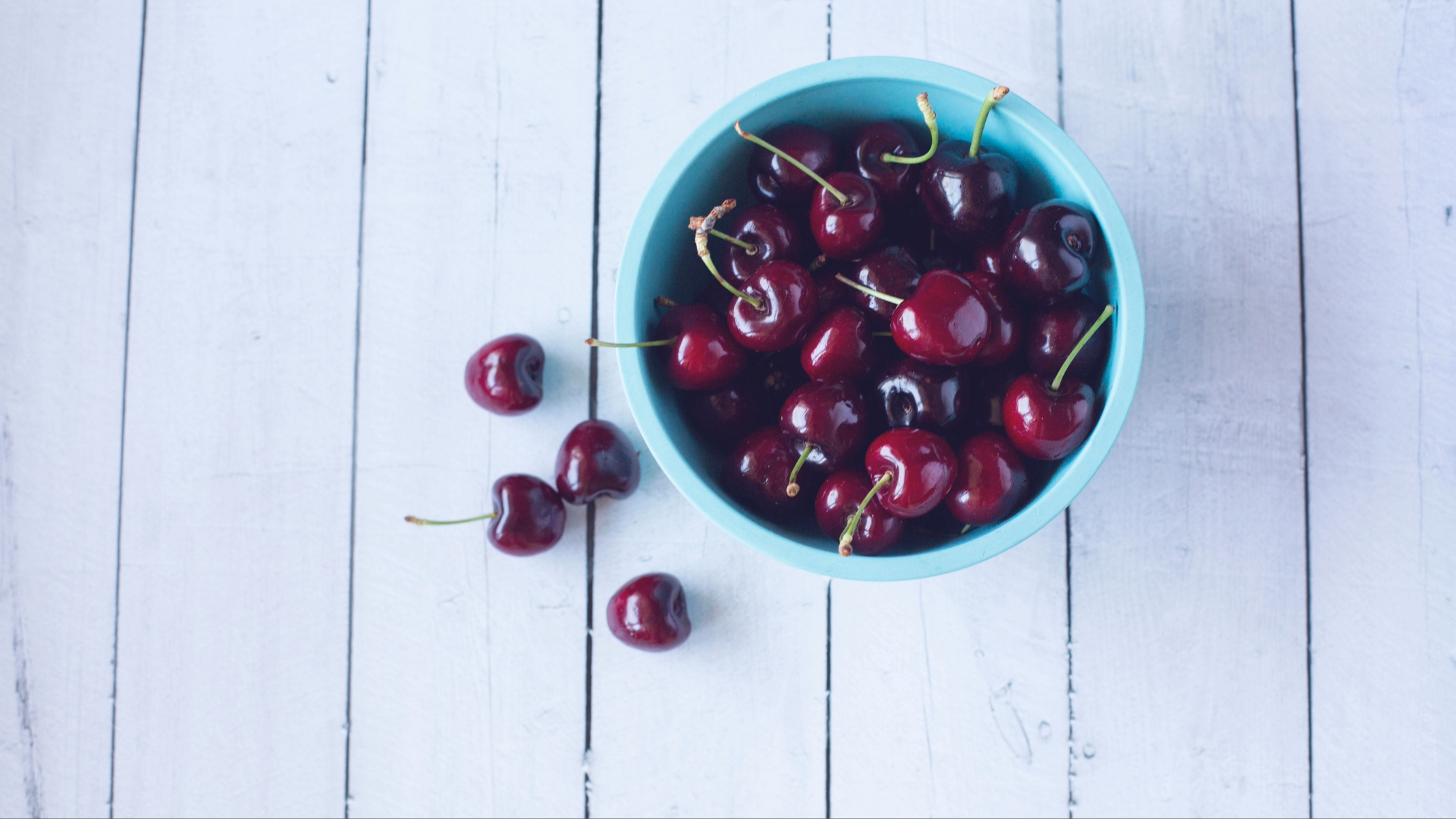
Other ways to improve your sleep during the holidays
During the wintertime, it’s natural to want to crank up the heat, but you’ll still want to keep your bedroom on the cooler side at night. “Sleeping hot is one of the main sleep disruptors,” says David Cartlidge, Product & Innovation Expert at Mattress Firm.
Meanwhile, if you want to level up your bed without totally replacing your mattress, focus on little touches to make it cozier — sheets, bed toppers, and especially pillows.
“The pillow is the MVP of sleep accessories,” says Cartlidge. “Just imagine going to bed, and you can’t find your pillow. You’re not going to be nearly as comfortable as you would have been otherwise.” (This is why it’s so important to know how to choose the best pillow for your sleep style and mattress.)
Source link

